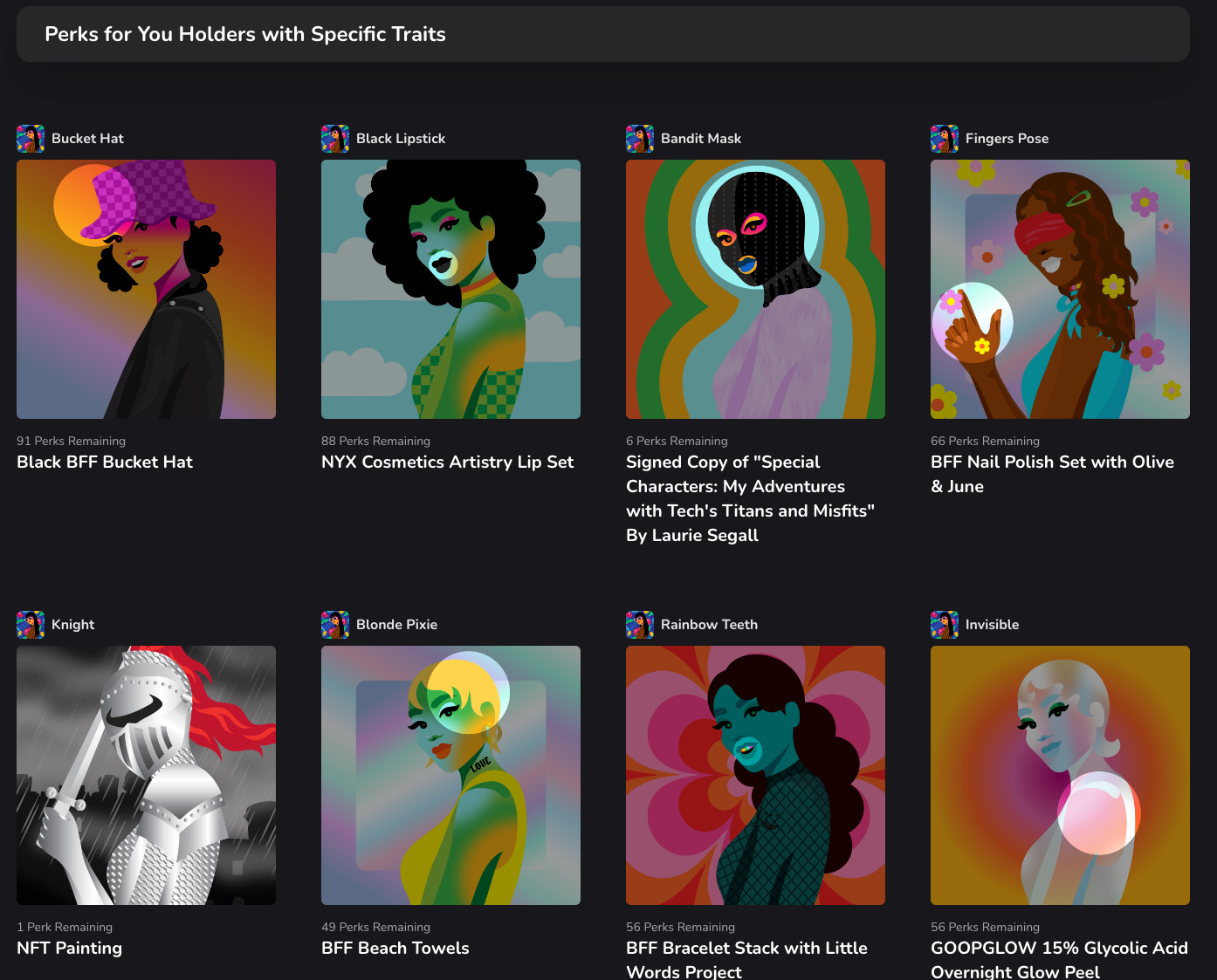I think yesterday’s piece on analyzing NFT projects was the longest I’ve written (2152 words!). It was so long that Gmail cut it off and you had to open the piece on a different tab to finish reading. 😂
Let’s keep it shorter today. Like, actually shorter.
But first.. (dammit TPan I thought this was gonna be short)
Web3 is infiltrating academia
I came across this tweet this morning:
This tweet alone is interesting, but the comments provided more context that agrees with my anecdotal observations around attitudes toward Web3.
It makes sense that Web3 is a huge topic in law school. Traditional frameworks around IP are evolving. The push and pull of regulation is hovering over the space. Entrepreneurs are thinking of countless applications for new and existing business that stretch legal precedents.
The Legal world is going to get a lot more fun.
This comment thread is notable as well. The sentiment towards NFTs is changing as use cases outside of profile pics are becoming clear, and the realization that there is more to Web3 than jpegs.
@daningoodcar confirms this in the private sector as well.
The way I describe it to others is this:
Imagine you’re at the office responding to you inbox of 147 e-mails and suddenly your boss walks up.
“Hey ______, I keep hearing about this Web3 and NFT stuff. How do we get in on this for our product/brand/service offering?”
(You, a Web3 and NFT skeptic because it’s all a scam)
"Uh…ah…let me get back to you on that.”
The 24 year-old you hired a couple months ago that picks his nose all the time overhears the conversation and pipes up.
“Hey Boss! I’ve been reading and participating in the space. I think you can do this, integrate that, and position our product in that other way so we can strengthen in retention loops, create additional revenue streams, and build a brand that enables storytelling in a richer format than we do now!”
“Thanks nose picker! Let’s find time to chat in my office on Friday?”
Picks nose “Ok!”
Guess who just took bonus and your job security? Don’t be that person, lean in.
Back to the academia side. Harvard has been making moves thanks to Scott Kominers, who’s also a Research Partner at a16z now. He’s written about:
How NFTs Create Value (HBR, November 2021)
BAYC (HBS Case Study, March 2022)
LooksRare (HBS Case Study, March 2022)
A professor that’s a degen too?!
Not just any degen, a degen with academic class! Jk Professor Kominers, I’m sure you don’t full send contract mint 100x for some Moonbirds derivative that is 3 days old.
Seriously, JK. I hope you don’t put me on some venture capital blacklist if I start my own company in the future (i’m sorry! 😰)
More examples here, here, and here.
Token-gating with Perk.Shop
Most of us understand how token-gating with NFTs can add a whole different dimension to what access can look like. Whether it’s merch drops, access to events, or applying dynamic perks, the use cases will proliferate.
My fellow WW3 colleague, Chris, also lays out a great overview on token-gating.
This week, I came across another use case from Starcatchers.
Perk.Shop
Starcatchers had an announcement earlier this week:
Perks? I’m listening. Free stuff? I’m running.
Holders have to log in to prove Starcatchers ownership and can redeem their perks. Some of the perks (the lower section) are giveaways as well! The more Starcatchers you hold, the more entries or perk redemptions you have.
Though this is in its early stages, what gets interesting is this line from the announcement:
The Starcatchers Perk Shop page looks a little bare with only Starcatchers and Pine Park perks at this time, but has the potential to grow with more businesses joining in, regardless of holding a Starcatcher or not. These perks can be set as public or with certain criteria as well.
For example, if my Substack publication had a premium subscription, I could partner with Starcatchers to have that as a perk for the community.
So what happens? Or at least what theoretically could happen if the perks are juicy enough? (diagram and framework inspired by Reforge, they’re the Growth GOATs)
There’s a lot more nuance, but this roughly captures what could happen.
Now looking another launch partner with Perk Shop, BFF. Things get even more interesting here.
One of the first things I saw was this:
TPan being TPan, I took a peek at this, and holy smokes anyone can join! Why would BFF be willing to do this?
Entrants are exchanging their e-mail to stay in touch with the BFF brand. Plus, awareness exposure for the partner brand, Ledger.
Not only are there regular perks for BFF holders in general.
There are perks for holders of specific traits.
If the perks are big enough, the team could actually incentivize market action for specific traits if they wanted.
My mind gets racing with all the creative implementations and user research that could happen with this 🤯
On top of that, these models have already been proven out to a degree in other settings. If you’ve ever worked at a medium to large company, the HR department has a version of this set up:
IMO Perk.shop makes it way better. I’d be curious to see how personalization (without being creepy) can add more layers to this.
See you tomorrow folks!

















